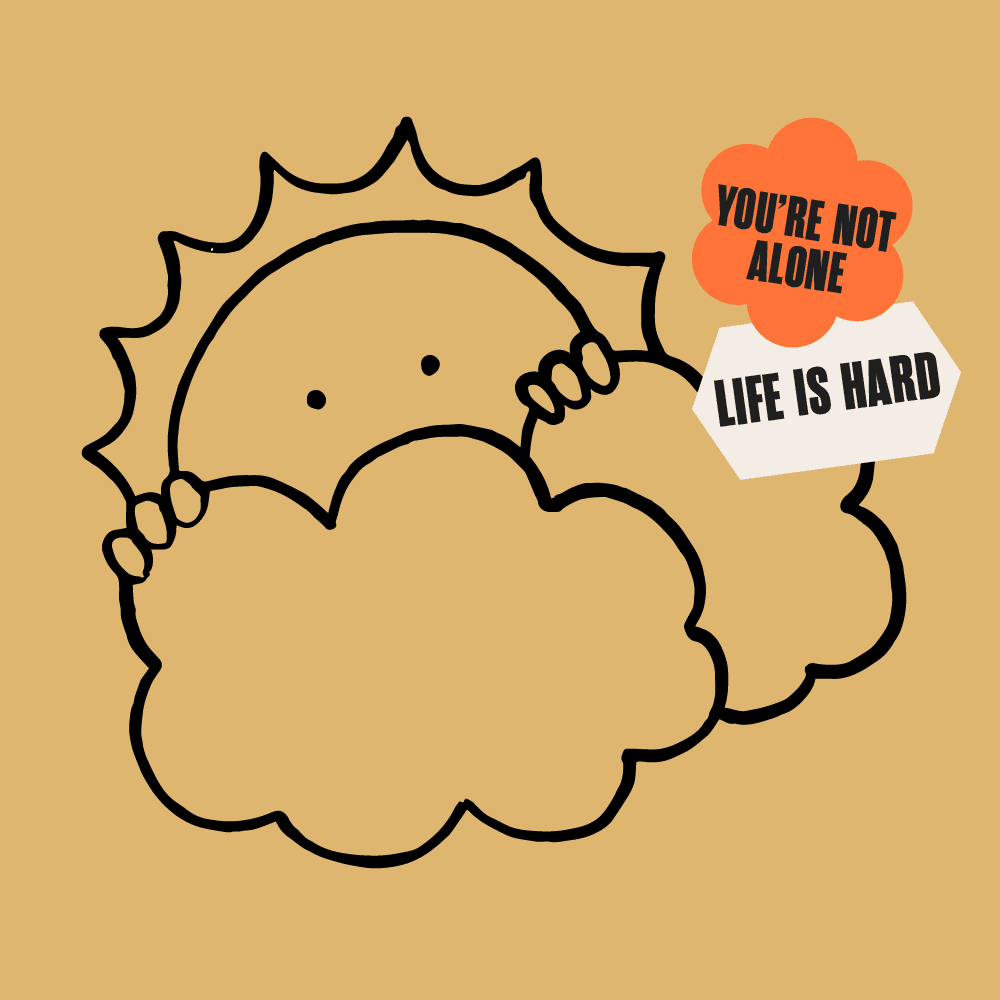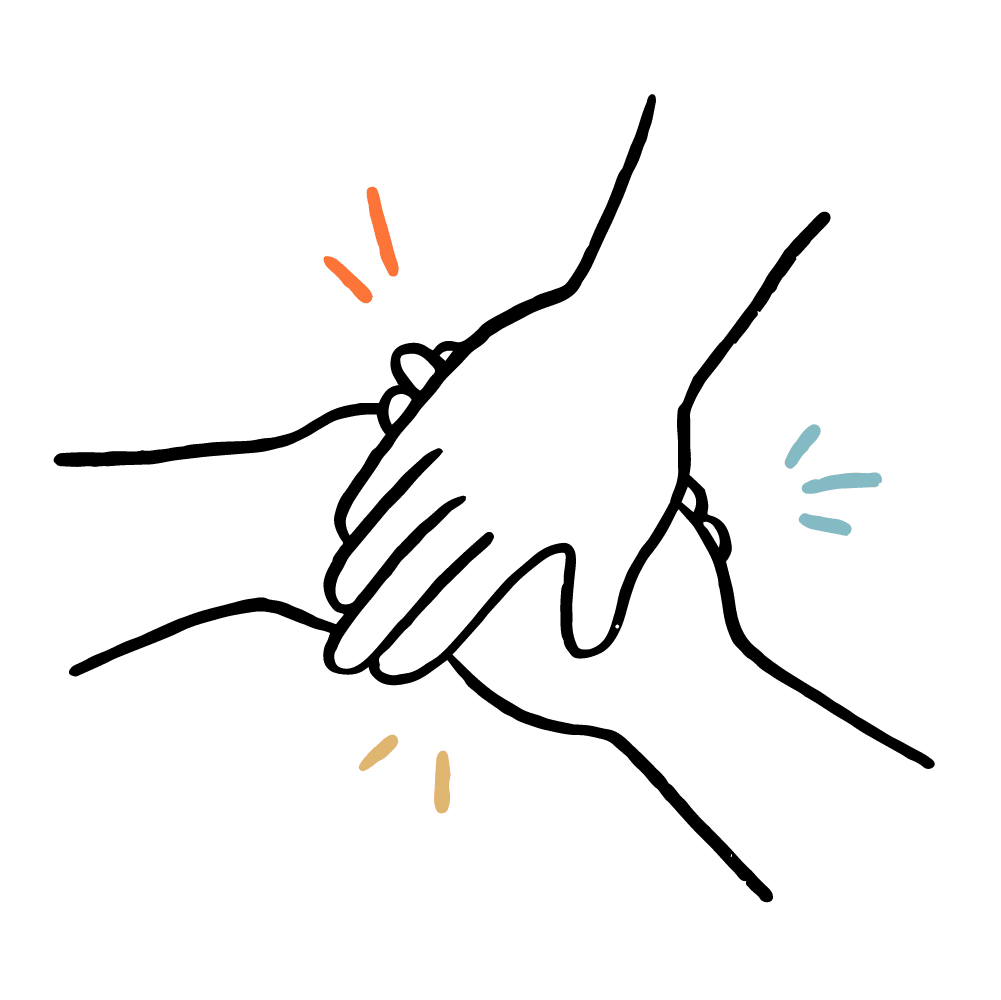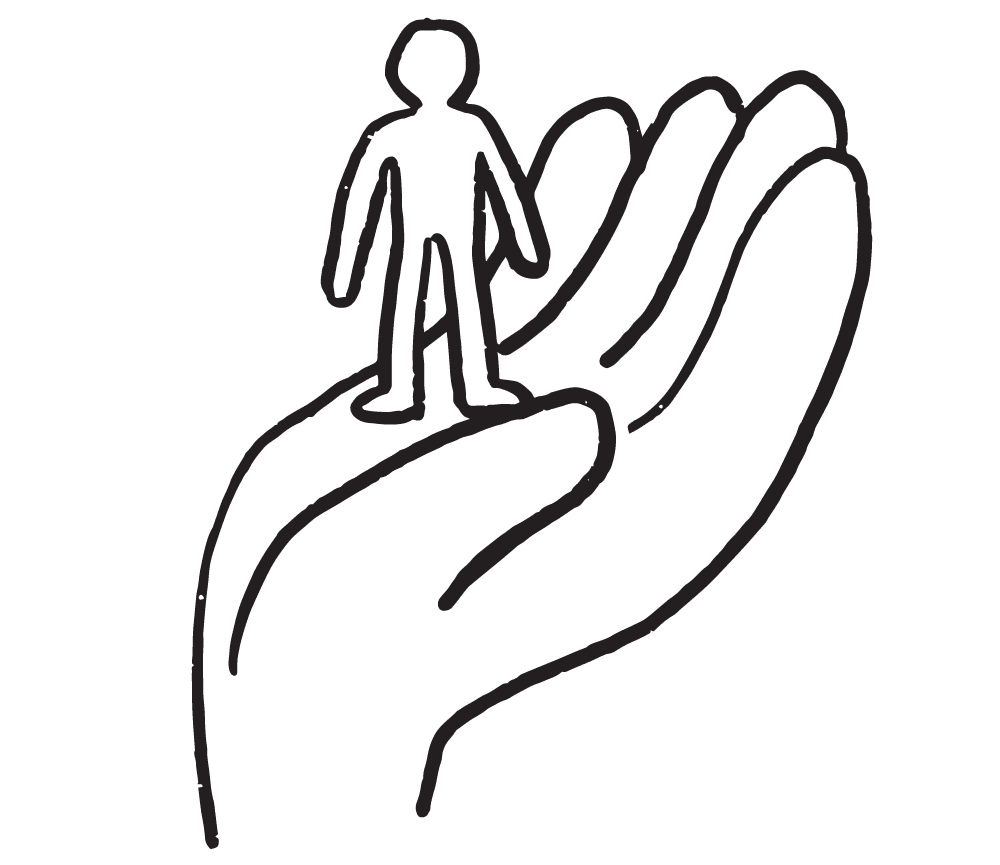A guide to
Life After Caregiving
Just because cancer is no longer front and center doesn’t mean life will snap back to what it looked like before you were a caregiver.
Just because cancer is no longer front and center doesn’t mean life will snap back to what it looked like before you were a caregiver.


Being a caregiver can feel like a full time job and impact everything around you – your heart, mind, body, and relationships. It can be hard to find a manageable balance. But over time, you became an expert in caregiving as the intensity of that job ebbed and flowed with your loved one’s needs. You’re used to juggling a million balls in the air and now that your caregiving responsibilities are over, you may be left wondering “what now?”
Just because your caregiving responsibilities are done doesn’t mean you’re not still impacted by cancer. It will take some time to adjust to no longer being a caregiver, but it’s important to remember that those feelings are normal and valid. Your emotions may feel more intense now that you have time to process everything you’ve been through. Here are some common experiences when transitioning out of being a caregiver to someone with cancer.

While you may have been looking forward to this day, it can feel like you’ve lost your sense of purpose when your loved one no longer needs you as their caregiver.
It can feel challenging and weird to move on from being a caregiver and rediscover your relationship with your loved one without the cancer elephant in the room.
You may feel afraid that your loved one’s cancer will come back or more nervous about their health now that they’re seeing a doctor less frequently. It can feel like every sneeze, itch, or change in routine is cause for concern.
You may be glad and relieved that your loved one has recovered from cancer treatment and that your caregiving responsibilities can be a thing of the past.
Now that your loved one has recovered, you may feel frustrated or disappointed at how different people in your life have shown up for them and for you.
Your friends, family, and support system may not check in as much now that the cancer is gone, which can leave you feeling alone. It might be hard to connect with people who haven’t experienced what you have.
You could also feel overwhelmed by your friends, family, and support system. It can seem like they’re expecting you to feel a certain way, leading you to feel like you have be performative if you don’t feel how they expect.
You will have a lot more free time and energy now to put towards the things that mean the most to you, which can feel exciting.
You may avoid leaving your loved one alone out of guilt or fear they could need you while you are gone.
Even if this was the outcome you were expecting, it’s normal to feel lost when your caregiving responsibilities suddenly end and your loved one is no longer with you.
These may seem like opposite feelings, but they can actually be connected. You may feel a sense of relief now that your caregiving responsibilities are over or that your loved one is no longer in pain, but that relief may also make you feel guilty.
You may feel frustrated or disappointed at how different people did or did not show up for you and your loved one while they were alive.
Your friends, family, and support system may not check in as much now that your loved one has died, which can leave you feeling alone. It might be hard to connect with people who haven’t experienced what you have.
You also might feel overwhelmed by your friends, family, and support system. They could be making inaccurate assumptions about how you’re feeling or what you need, which can make you feel like you have to be performative rather than authentic.
You will have a lot more free time and energy now to put towards the things that mean the most to you, which can feel exciting.
You did the best you could at the time. Try not to dwell on what you could have done or what would have happened.

This is going to take some time and patience, but here are some ideas to help you support yourself, honor your needs, and navigate this time.
If we had to guess, you’ve been on the backburner for awhile. Now that your caregiving responsibilities are in the past, it’s time to put yourself first.
Learning to be a caregiver didn’t happen overnight, and neither will re-learning how to not be a caregiver. Take your time and be patient.
It can be tempting to tell people you’re fine and don’t need help, but you don’t have to go through this by yourself. Find ways to ask your support network for the help that you need.
Coping mechanisms can be healthy! Try journaling, exercising, getting artsy, or talking to a therapist.
Whether therapy, a support group, or talking to a close confidant is more your style, make sure you’re processing your feelings by talking about them.
Take time to slowly rediscover interests and activities that fulfill you.
You’ve been through a lot. It’s important to give yourself permission to grieve, no matter what that looks like for you.
It’s normal to fall out of touch with people while you’re in the depths of cancer, but now is a great time to reconnect with the people you care about. It can take some work to get back on track, but it will be worth it.
You have a blank slate to create new routines that fit your lifestyle, goals, and needs.
You’re likely a bit raw right now. Try to delay making any major decisions until life has calmed down a bit to avoid making an emotional decision that you might regret later.
Caregiving can be incredibly stressful and lead to some unhealthy habits. Now is a great time to recommit to taking care of your body by letting go of bad habits, exercising, eating healthy foods, and getting enough sleep.
Keep an eye on your mental health and get help if you need it. Caregivers often deal with depression and anxiety, but a mental health professional can help.
You may have found that caregiving was rewarding and that you miss providing that support. Find a cause you care about and can lend some time to.
Having open and honest communication with everyone in your life will help you all adjust to your new normal.
Sources: ASCO; Canadian Cancer Society; National Cancer Institute